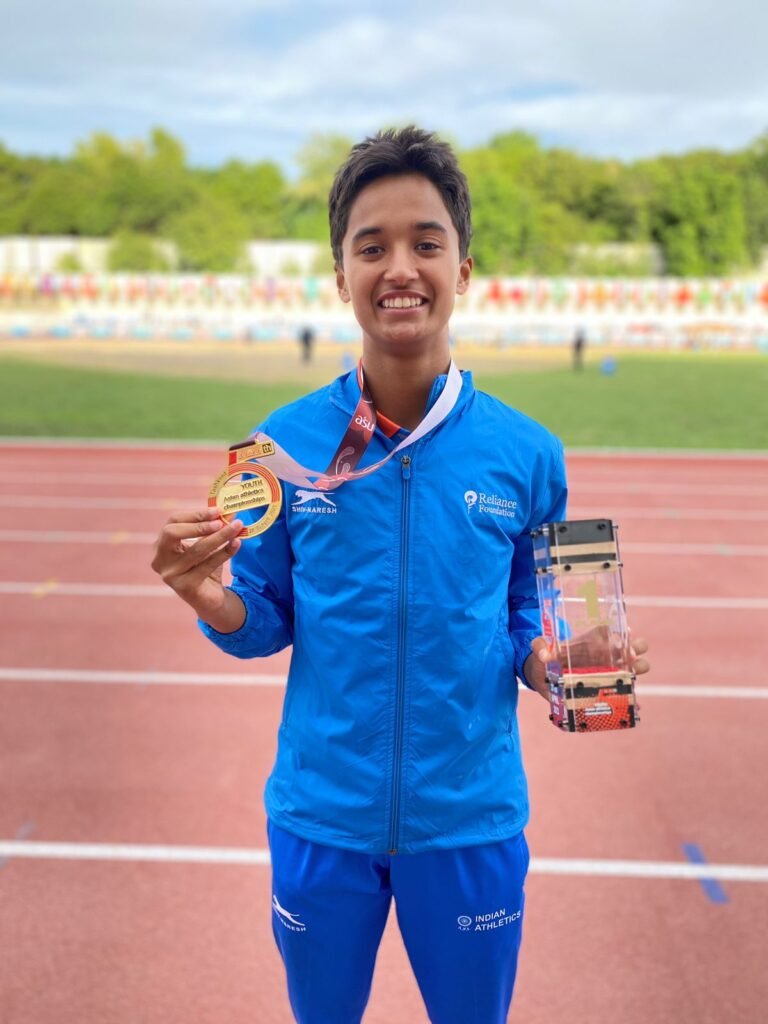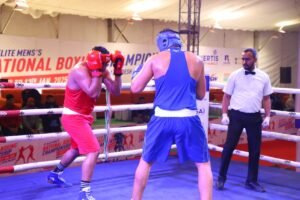Indian youngsters are showing signs of early burnout because they are being pushed to train harder in formative years, says expert N Ramesh

Early burnout is one of the reasons why talented Indian youngsters are unable to perform at the big international stage. Coaches often push their trainees hard in formative years putting them under immense pressure to perform which leads to injuries or burnout.
India has produced a steady stream of quality quarter-milers at the Asian level, but youngsters have not been able to keep up with the trend.
“The coach shouldn’t push 16 or 17-year olds having potential to become a good 400m runner at the senior level,” according to N. Ramesh, chief junior athletics coach. “Hard track sessions three or four times a week is not advisable for teenagers in this age group.”
Also, early specialisation should be avoided at the grassroots level. “Instead, emphasis should be on building a strong foundation through one’s body weight and jumping exercises,” says Ramesh, one of the high-performance directors at the Sports Authority of India (SAI) who is currently based in Hyderabad.
“Training drills to improve running technique is important during early stages of athletics training. A faulty technique would be difficult to correct later when the athlete is in their early 20s,” according to the junior development coach.
With his vast coaching experience, particularly in sprints including 400m, Ramesh says young athletes should be encouraged to compete in multiple events. “Sprinting and hurdling exercises should be part of the curriculum,” the athletics expert said.
To discourage athletes from specialising in one event at youth level, Athletics Federation of India (AFI) — the national governing body of track and field — has excluded several events, including 3000m steeplechase and pole vault from national youth (U18) competition.
“The AFI has rejigged the U18 competition as part of the junior development programme. It has been observed that only miniscule percentage of outstanding young athletes graduate to senior level because of early burn out. Or early specialisation,” the junior national coach said.
Take the case of promising teenage 400m runner, Rezoana Mallick Heena who broke a spate of national age group records in the 2022-2023 season. The West Bengal runner carried on her sensational form at continental meets and set a new record at Asian Youth Championships in Tashkent (52.98s). Having won the U18 and U20 Asian youth titles, she was hailed as a future star. Surprisingly, the 17-year-old Rezoana could not sustain her efforts in the 2024 season.
Reason? Overtraining.
Her body was not ready to bear the load she was being put through at such a tender age causing residual fatigue to build up.
“She (Rezoana) is off the playground and will take time to recover and make a comeback,” says Ramesh.
Gradual build is the key to smooth graduation from youth to senior level. “The coaches and parents need to have patience as it takes a minimum of six to seven years of good training to achieve good results,” he said

